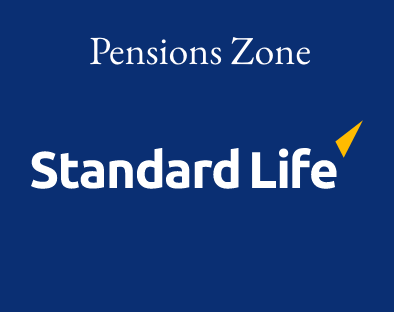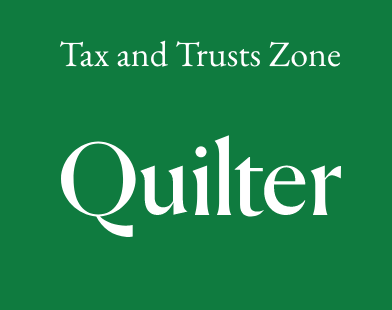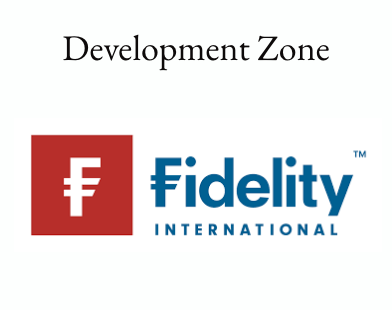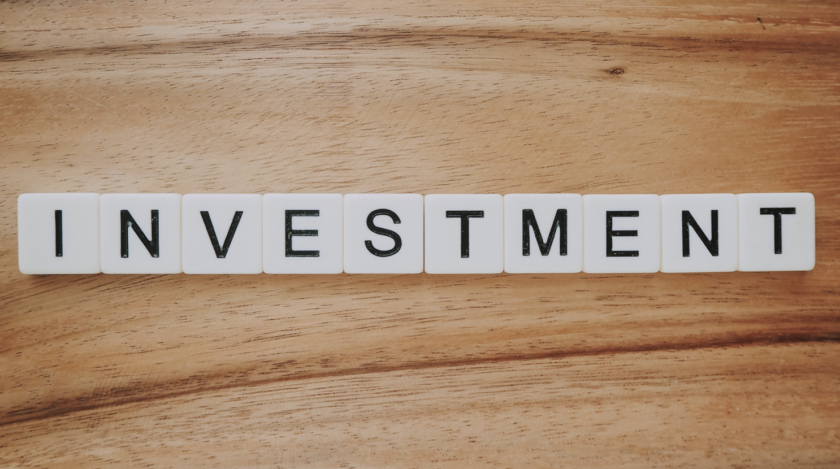Nearly two fifths (38%) of consumers have accumulated more savings as a result of the Covid-19 pandemic, yet many remain reluctant to invest their extra cash, new research has shown.
The findings from behavioural finance firm Oxford Risk found that 15% of people have at least 10% more in cash, while 7% say they have over 20% more, with men saving more than women.
However, nearly half (43%) of those surveyed said they would not put any extra savings into stock-market related products, and 17% have yet to decide if they will use it for this purpose.
Oxford Risk said the reluctance to invest could be down to a lower appetite for risk, with a third (34%) of people saying they are less willing to take investment risk now than they were before the pandemic began.
However, Oxford Risk warned that leaving money in cash rather than investing in stock-market related products could cost people around 4% to 5% a year in returns over the long term.
Meanwhile, of those with excess savings, 40% say they will invest some of it into stock market related investment products such as pensions and equity-linked ISAs but the majority will take a cautious approach. Some 13% said they will only invest up to 10% in such products, with 15% expecting to use between 10% and 30%. Only 7% anticipate using half or more of their excess cash in this way.
The results of the research also showed that people were delaying making decisions. Just over one in 10 (12%) expect to invest their excess cash within the next month, with a quarter (24%) hoping to do so within two to three months and more than a third (36%) believing it will take three to six months to invest. Just over a fifth (21%) believe it will take longer than this.
Greg B Davies, head of behavioural finance at Oxford Risk, said: “The Coronavirus crisis has seen people spending less and saving more and our research shows that for many individuals too little of this excess cash is likely to find its way into stock market related investment products. Many are delaying when to invest and a key factor behind this are emotional concerns about short-term market volatility and about when is the best time to invest.
“Sadly, many of the investment decisions retail investors make are for emotional comfort and we estimate that on an average year this typically costs them 3% in returns. Having too much in cash and not investing can cost them around 4% to 5% a year over the long-term in foregone returns from this cash.”

































